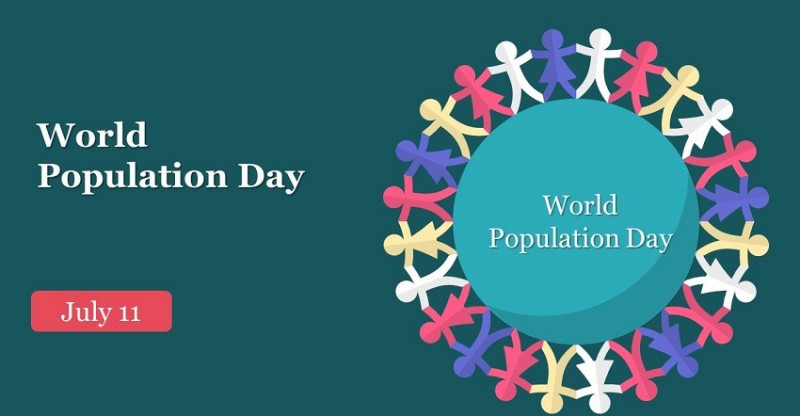
World Population Day, observed annually on July 11, serves as a crucial reminder of global population challenges and their impacts on societies worldwide. Established by the United Nations Development Programme (UNDP) in 1989, the day aims to raise awareness about population issues and their profound effects on ecosystems and human development.
Many people are unaware of World Population Day and its importance. The celebration focuses on highlighting the complexities arising from overpopulation, which strain resources and hinder sustainable progress. It underscores the urgent need to educate communities about the detrimental effects of unchecked population growth.
Five Key Insights on World Population
Historical Milestone: The world's population first reached 1 billion in 1800, marking a significant demographic milestone.
Annual Growth: Currently, the global population increases by approximately 83 million each year, presenting ongoing challenges for resource management and sustainability.
Continental Dynamics: Africa's population is growing rapidly, whereas Europe faces a declining population trend.
Increasing Life Expectancy: Global life expectancy has risen steadily. In 2000, it averaged 67 years, and by 2020, it had increased to 72 years.
Millennials' Influence: Millennials, born between 1981 and 1996, constitute 27% of the world's population, representing nearly 2 billion individuals.
Top Ten Populous Countries
World Population Day traces its origins to the global acknowledgment of 'Five Billion Day' when the world's population reached 5 billion. Recognizing the critical need for public awareness about population issues, the United Nations General Assembly (UNGA) officially designated July 11 as World Population Day in December 1990. Today, with the global population nearing 7.9 billion, the observance remains vital in addressing demographic challenges and promoting sustainable development.
This year's World Population Day invites reflection on the interconnectedness of population dynamics, sustainability, and global well-being. It serves as a call to action for governments, organizations, and individuals to prioritize informed policies and initiatives that support a balanced approach to population growth and development.
As communities worldwide commemorate World Population Day, the focus remains on fostering awareness, advocating for responsible demographic management, and ensuring a sustainable future for generations to come.
World Rankings: Countries with the Highest Prostitution and Murder Rates
Majority Population Would Become Minority If...: High Court Raises Concerns Over Conversions
World War-II Bomb Discovered in West Bengal Safely Defused: Details Here